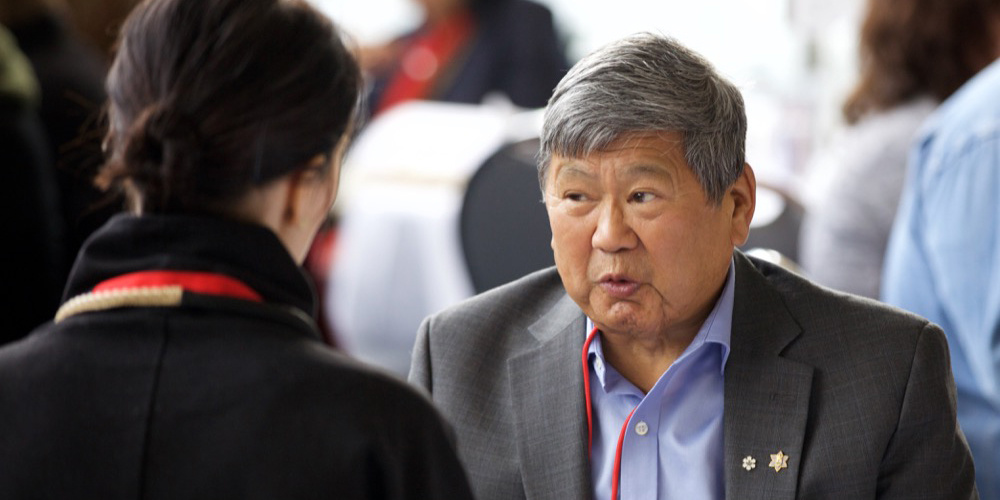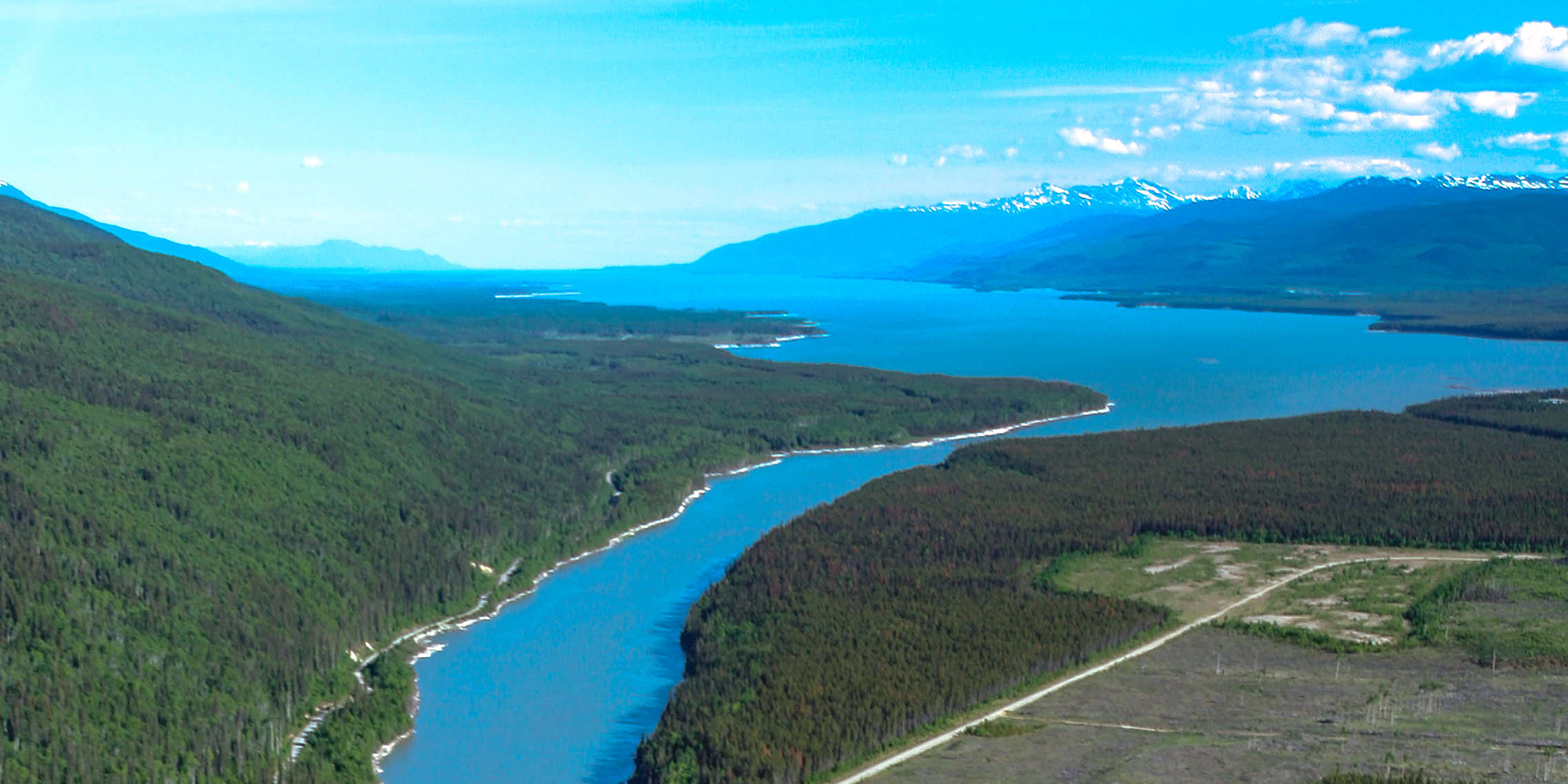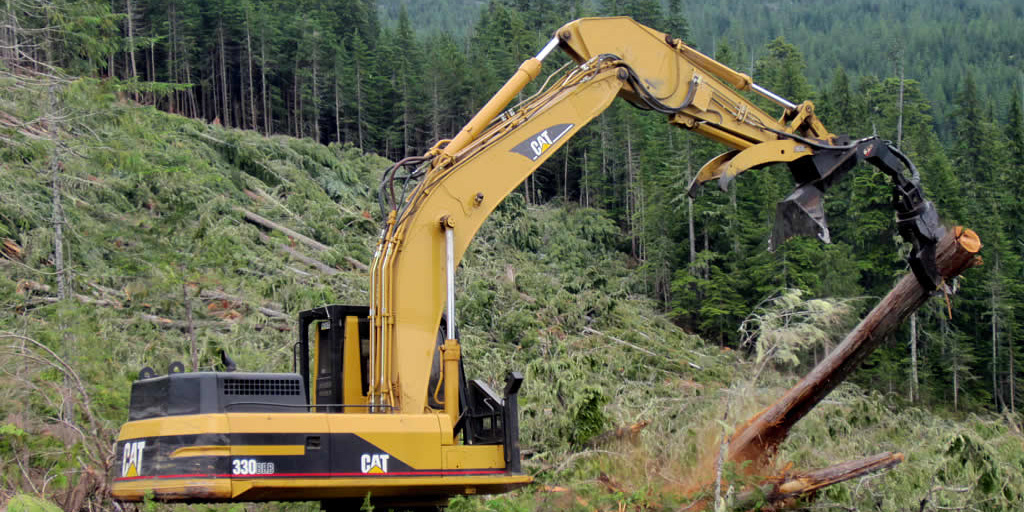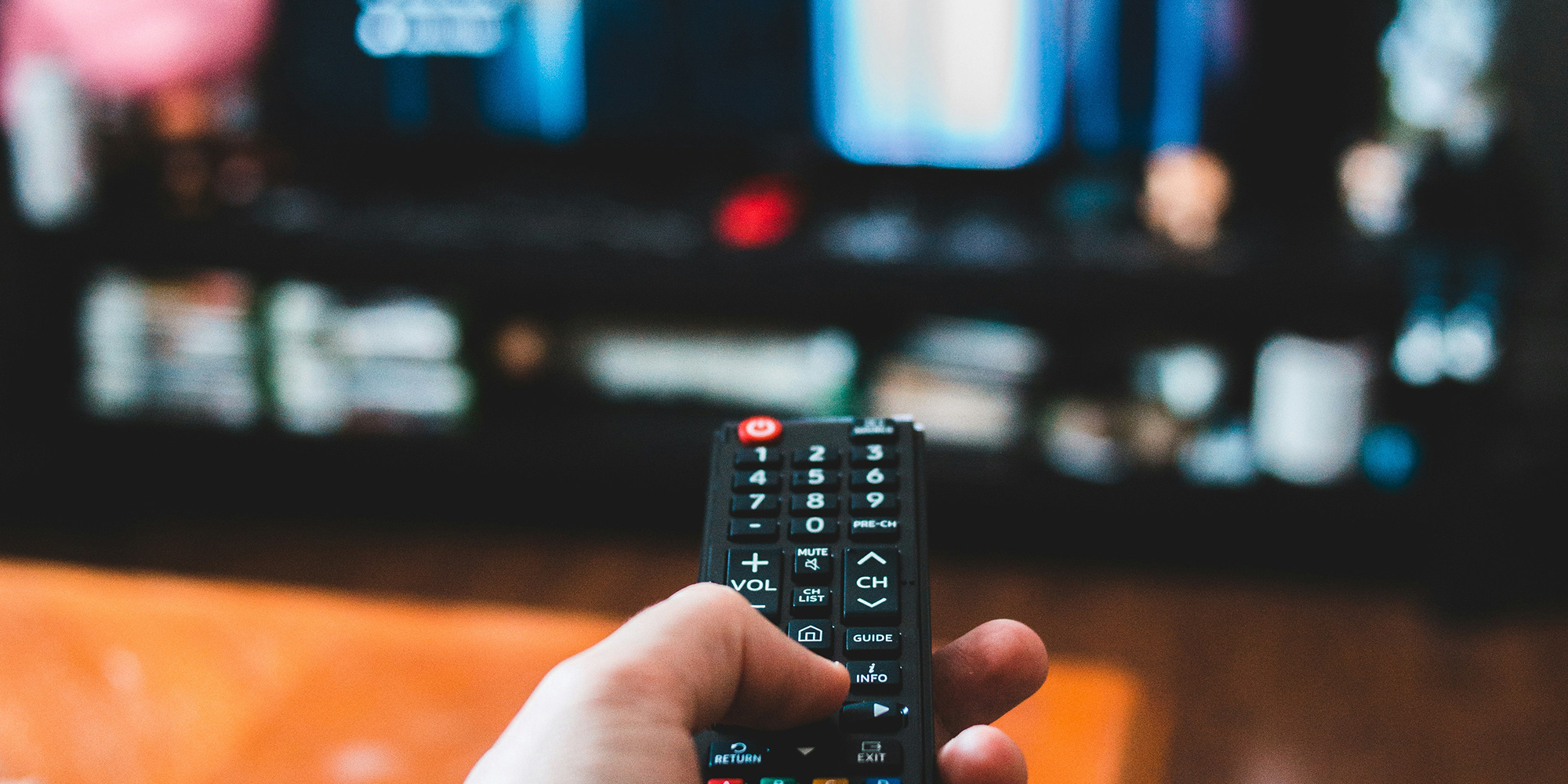Lyle Viereck Consulting Inc.
Lyle Viereck was born and raised in Prince Rupert in northern BC. His family heritage includes Creek Indians from Oklahoma, American black slaves,...

Lyle Viereck recently launched a private consulting firm, Lyle Viereck Consulting Services Inc. As the former Director of Aboriginal Relations and Negotiations for BC Hydro and a Chief Negotiator with the Province of BC, he has a depth of negotiating experience. He also has a unique perspective on reconciliation as part of First Nation negotiation that we were eager to learn more about. Lyle kindly took some time to share his invaluable insight.
The concept of reconciliation as part of negotiations is cutting-edge. Could you please explain what this means? How does reconciliation factor in negotiations?
The concept of reconciliation as part of negotiations really begins before you start. It begins with organizations making reconciliation part of their DNA. It’s an understanding and recognition of what has happened in the past to Aboriginal Peoples and the work that’s been done over the past decades in terms of reconciling that past and building a new future for Aboriginal and non-Aboriginal people. The organization then needs to incorporate this recognition into their negotiations and in how the organization operates and carries out its business.
I have used the analogy of DNA because many people have mistakenly believed that the DNA with which we are born is the sole determinant of who we are and will become, but scientists have understood for decades that this is a flawed theory. As individuals and organizations we can change how we think and how we act through learning and experiencing the world around us in new ways.
As a negotiator, I like to have a conversation about what reconciliation means both to the organization and to the Aboriginal group. The direction and outcomes that First Nations want to see in terms of reconciliation can come in many forms. Some examples include educational initiatives that can make a difference in the lives of children, families, and the community as a whole. The remembrance and apology for what happened in the past can be expressed in ceremonies around resolving past issues and setting a new course for the future.
In order to make this work there needs to be a deep commitment in which everybody plays a role in reconciliation whether they are individuals or an organization. Until reconciliation is built into the DNA of a company, it doesn’t completely become part of the process. This is about moving beyond the process of consultation to a much deeper level - reconciling key issues and figuring out new ways to live and work together.
Do you feel Canada is on the cusp of a foundational change in terms of reconciliation?
That’s a very hard thing to measure but I think there’s a very deep recognition and the steps taken have led to progress and change in this country. We now are at a point of asking how we move beyond this constant ebb and flow process of either negotiation and settlement (with individual Nations) or litigation to a third place that can really be sustainable in terms of relationships. I don’t think this is going to happen overnight. The Truth and Reconciliation Commission’s report has given recommendations to all sectors about what can be done around reconciliation and I think this is the path we need to follow to find a place where we have equity and recognition of the various cultures and societies – both Aboriginal and non-Aboriginal.
What common mistakes have you seen people make in negotiations with First Nations?
In the beginning:
In the middle:
In closing:
You have a new client who needs to negotiate with a First Nation. What are the top three things they need to do before they begin?
To contact Lyle Viereck Consulting Services, please email lyle@viereckconsulting.com.
Featured photo: Lyle Viereck Consulting Inc.

Lyle Viereck was born and raised in Prince Rupert in northern BC. His family heritage includes Creek Indians from Oklahoma, American black slaves,...

The Supreme Court of Canada has ruled that individual members of an Aboriginal group can’t use blockades or other “self-help” remedies when claiming...

The Commission believes that in the coming years, media outlets and journalists will greatly influence whether or not reconciliation ultimately...